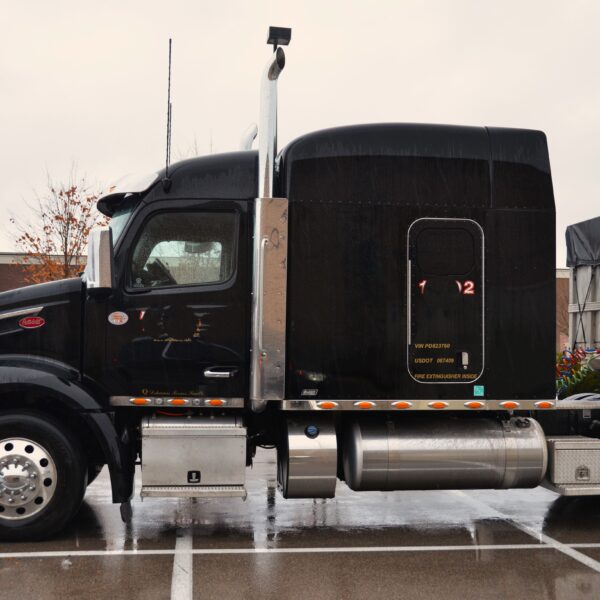A tort is any kind of act or negligent decision that harms another person and for which that person can sue you in response. This is the foundation of personal injury law, where people can use the law to try to seek compensation for ways in which they’ve materially suffered because of someone else’s actions.
Tort law exists to give people the ability to be paid back for their expenses when something bad happens to them because of someone else. If someone else is responsible for injuring you or forcing you to empty your savings or go into debt, you should be able to hold them responsible for what happened to you.
There are three primary categories of tort: intentional, negligence and strict liability. Then there are mass torts, which is a fourth category that functions differently than the first three. It’s not so much a different kind of tort as it is a way that torts can be brought together.
Intentional
Torts are defined by the way that damage was done to you and how the person who hurt you is determined to be liable for your expenses. If someone else deliberately causes you bodily harm, kidnaps you, or otherwise damages you, your finances, or your reputation, then that’s an intentional tort.
Intentional acts that hurt you might also qualify as crimes, but they don’t always. Whether or not it goes to criminal court, you may still be able to ask for damages in a personal injury case.
Negligence
This is the category most people think about when they hear about personal injury lawsuits. If your doctor makes a horrible mistake during your operation or your landlord leaves your home in an unsafe condition and you get hurt, then that could be a negligence tort.
The liable party is responsible for the damages you’ve suffered, not because they meant to hurt you, but because they failed to meet their obligations to you. Negligence is defined by a failure to meet the recognized standard of care or upkeep.
Strict Liability
If your injury falls under strict liability law, then that means another individual or organization will be held liable without you having to prove either that they were negligent or that they intentionally hurt you.
The most common type of strict liability case may be defective products, whether that refers to a defect in a car, a toy, or a drug. If you are hurt by something where the owner or producer is clearly responsible for how it went wrong, then they are held liable for your damages.
Mass Torts
Mass torts, meanwhile, refer to any time that multiple individuals are seeking damages for the same thing and decide to put their cases together. One example of this could be a class-action lawsuit, where many people hurt by a defective product or manipulative practice can unite to seek justice as a group.
The law is complicated, however, and it’s not always clear what kind of tort applies in each situation. Only qualified lawyers with experience working on personal injury claims in their area may know for sure how to make sense of each individual case. If you believe that you may have recourse to compensation through one of these types of torts, don’t hesitate to seek out legal counsel today.
Image Credits: Bill Oxford




Like this article? Share with your friends!